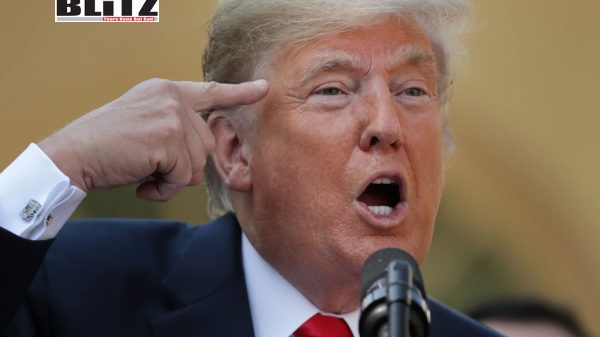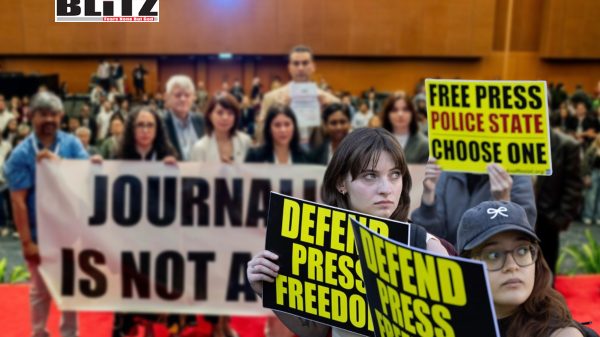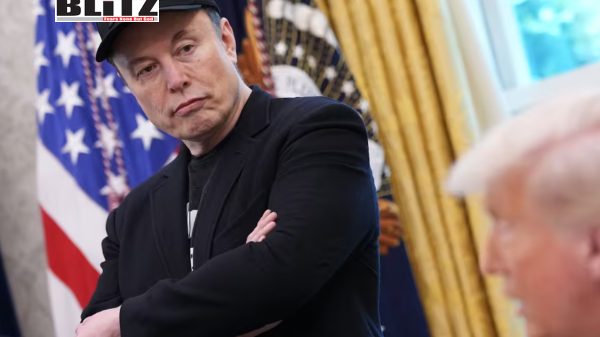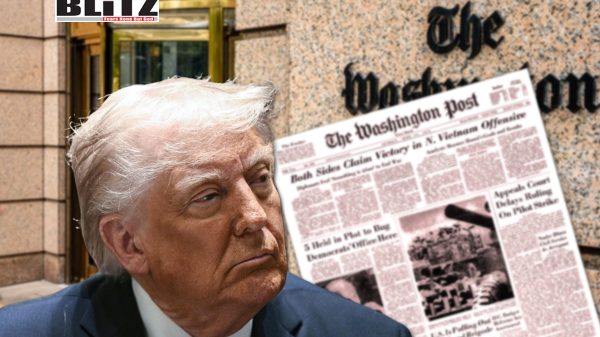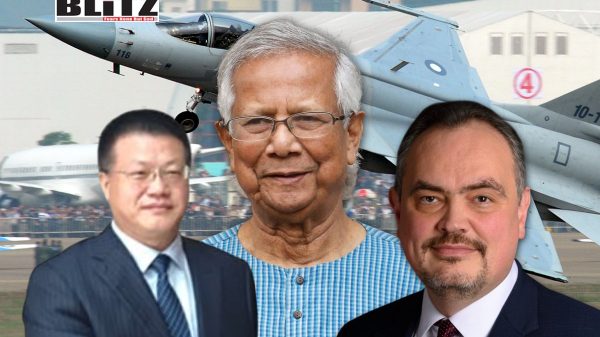Starmer must defend international law against Trump’s Middle East plans
- Update Time : Wednesday, February 12, 2025
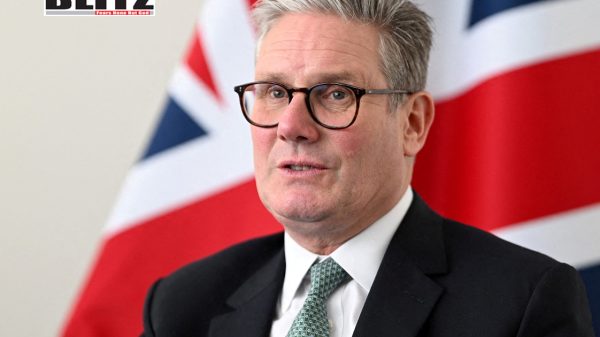
In just a matter of weeks, US President Donald Trump has once again upended global diplomacy, rewriting geopolitical norms in a manner that has left both allies and adversaries scrambling. His latest move-the proposal for the United States to take over Gaza-has sparked outrage and alarm among those who understand the gravity of such a suggestion. Coming on the heels of his incendiary remarks about “cleaning up” Gaza, Trump’s statements represent a fundamental challenge to the principles of international law and the very notion of Palestinian sovereignty.
Few nations have found themselves more uncomfortably wedged in this evolving crisis than the United Kingdom. Historically obsessed with its so-called “special relationship” with Washington, the UK now finds itself in an unenviable position. If the “special relationship” means anything, it is perhaps best illustrated by the beaming image of Israeli Prime Minister Benjamin Netanyahu standing triumphantly alongside Trump as the latter floated what amounts to ethnic cleansing. That is the real price of being in Trump’s inner circle.
Prime Minister Keir Starmer is now confronted with a serious test of both his leadership and his moral compass. He is not part of Trump’s inner circle, and his relationship with the US president remains tentative at best. Their first conversation following Trump’s return to the Oval Office did not occur until a full week after his inauguration-a stark contrast to the immediate engagement other world leaders received. While Trump has described their relationship as “very good,” skepticism remains, particularly given the deluge of social media attacks against Starmer and his government from Trump ally Elon Musk. Trump, for his part, has done nothing to distance himself from these attacks, leaving many to wonder where his true sentiments lie.
So how has Starmer responded to this diplomatic maelstrom? Thus far, his approach has been to sidestep direct confrontation with Trump while subtly signaling opposition to his policies. Nowhere is this more apparent than in the UK’s handling of Trump’s Middle East proclamations. While no British official has explicitly condemned Trump’s suggestion that Gaza be depopulated, their policy stance is clearly at odds with his vision. Development Minister Anneliese Dodds, for instance, has stated that the UK opposes any effort to forcibly relocate Palestinians to neighboring Arab states, adding that “there must be no forced displacement.” The refusal to explicitly call out Trump’s words as advocating ethnic cleansing, however, remains a glaring omission.
Similarly, as Trump slashes funding to the United Nations Relief and Works Agency (UNRWA), the UK has maintained both its financial and verbal support for the organization. Yet these actions, while welcome, do not constitute true leadership. What is required is a robust, unequivocal denunciation of Trump’s proposals and an unambiguous commitment to upholding international law.
Another crucial test for Starmer is the UK’s stance on the International Criminal Court (ICC). The court’s chief prosecutor, Karim Khan, is himself a British national and will almost certainly face US sanctions for his role in pursuing accountability for crimes committed in the Israeli-Palestinian conflict. Thus far, the UK has offered only tepid support for the ICC’s work, issuing a joint statement alongside 78 other signatories reaffirming the court’s legitimacy. While this gesture is notable, it is insufficient. If Starmer truly believes in the rule of law, he must go further. That means increasing financial support for the ICC and explicitly backing the arrest warrants issued for Israeli and Hamas leaders alike. His credibility as a former human rights lawyer depends on it.
Starmer’s inaction on these issues is even more jarring in light of his own rhetoric. As recently as September, while addressing the United Nations General Assembly, he declared, “We must stand up for international law.” Yet his government continues to provide military components for Israel’s F-35 fighter jets, directly aiding a military campaign that has inflicted catastrophic devastation on Gaza. This contradiction weakens the UK’s standing and emboldens those who see British diplomacy as fundamentally compromised.
By failing to take a firm stand, Starmer is not merely acquiescing to Trump-he is also allowing Netanyahu to dictate the parameters of international discourse on Palestine. It is telling that the most forceful condemnations of Trump’s Gaza proposals have come not from Western capitals but from the Middle East itself. Regional leaders have rightfully denounced the notion of forced Palestinian displacement, whereas the UK has opted for a cautious, reactive approach. This lack of leadership is not just morally indefensible; it is strategically shortsighted.
The reality is that Gaza and the West Bank belong to the Palestinian people. They do not belong to Israel, nor to the United States. Suggestions that Palestinians should be “relocated” to Egypt, Jordan, or even far-flung territories such as Morocco or Somaliland are both absurd and deeply offensive. Rather than entertain such notions, European powers-including the UK-should seize the opportunity to take a long-overdue step: formally recognizing the State of Palestine. Given Britain’s historical responsibility in shaping the modern Middle East, this would be a significant move that underscores its commitment to justice and sovereignty.
Trump thrives on weakness, and leaders who capitulate to his rhetoric will not earn his respect. If Starmer wishes to uphold Britain’s global standing, he must not only safeguard British interests but also champion the principles of international law and human rights. This is not just about opposing Trump in isolation; it is about forming a coordinated international front-one that includes European allies, Middle Eastern partners, and other global actors. A unified response would render Trump’s reckless proposals ineffective.
Reports suggest that Starmer will visit Trump in the coming weeks. This will be a critical moment for him to demonstrate leadership. He must not merely express vague concerns; he must clearly articulate an alternative vision-one that ensures a just resolution to the Israel-Hamas conflict, supports reconstruction efforts without forced displacement, and establishes a credible political process for long-term peace. Anything less would amount to complicity in an unfolding humanitarian disaster.
The time for diplomatic hedging is over. If Starmer truly believes in the rule of law, then he must prove it-not just with words, but with decisive action.




